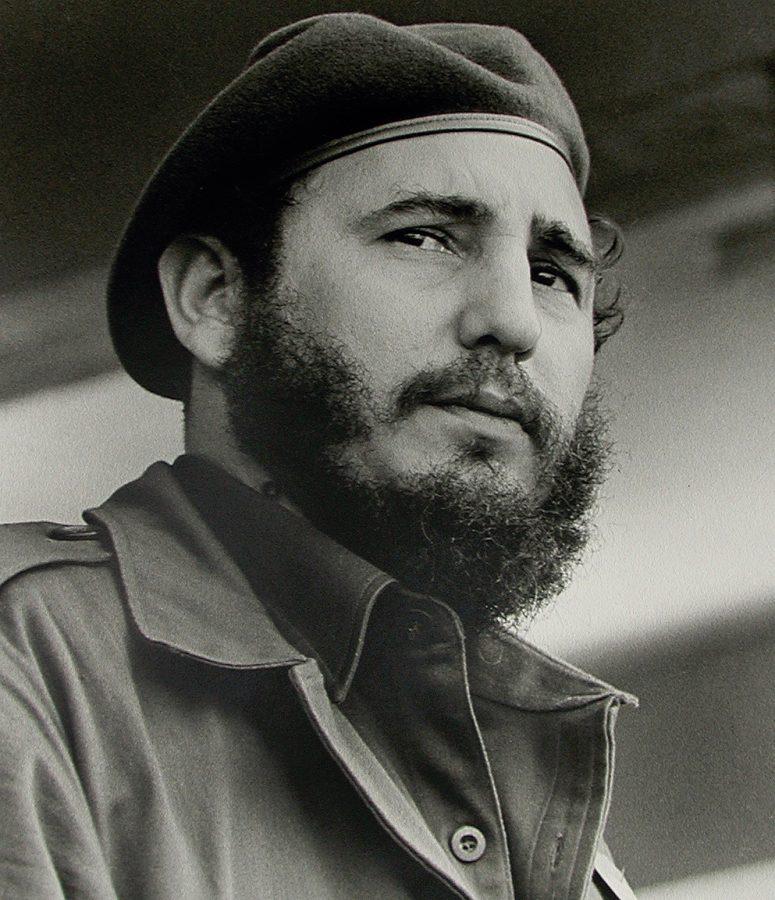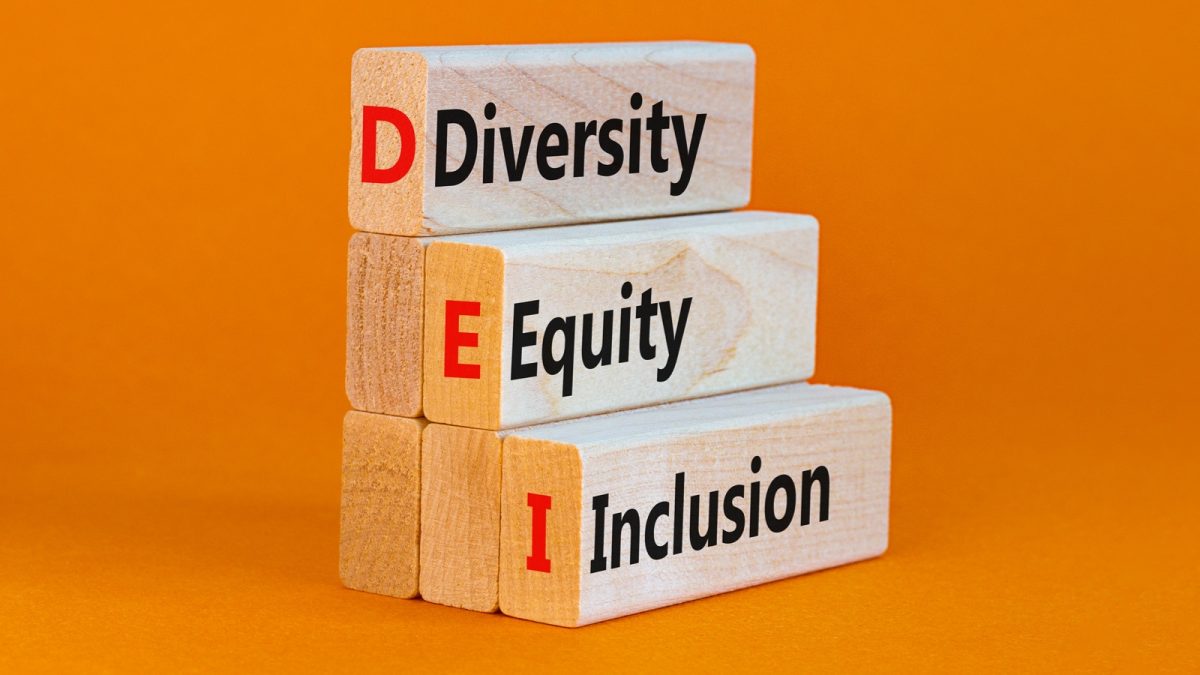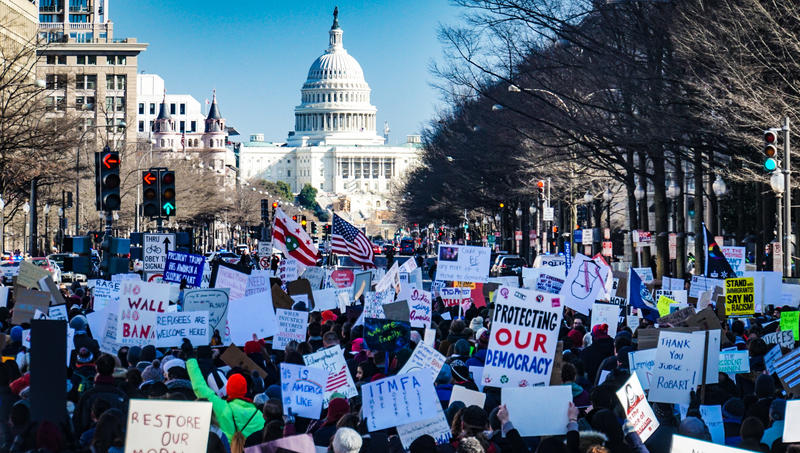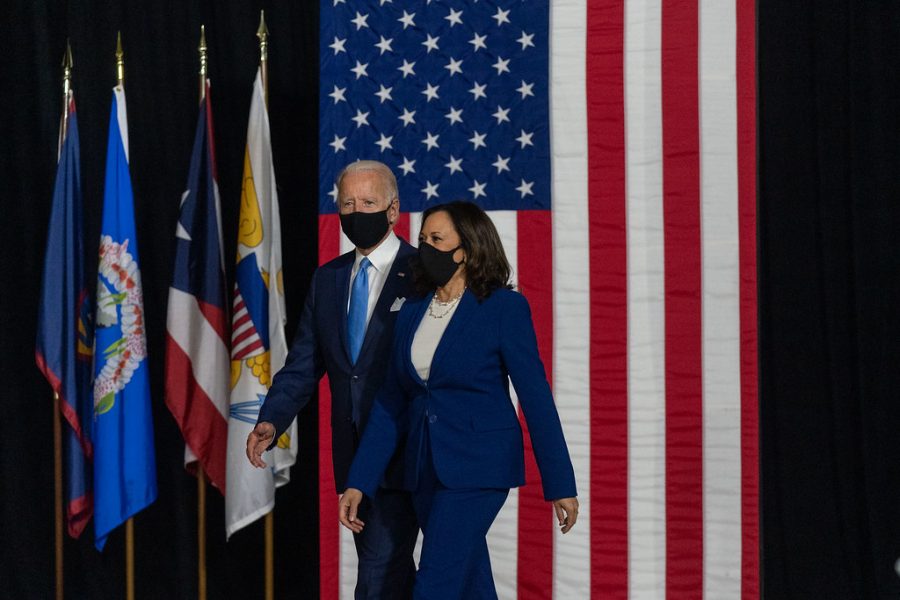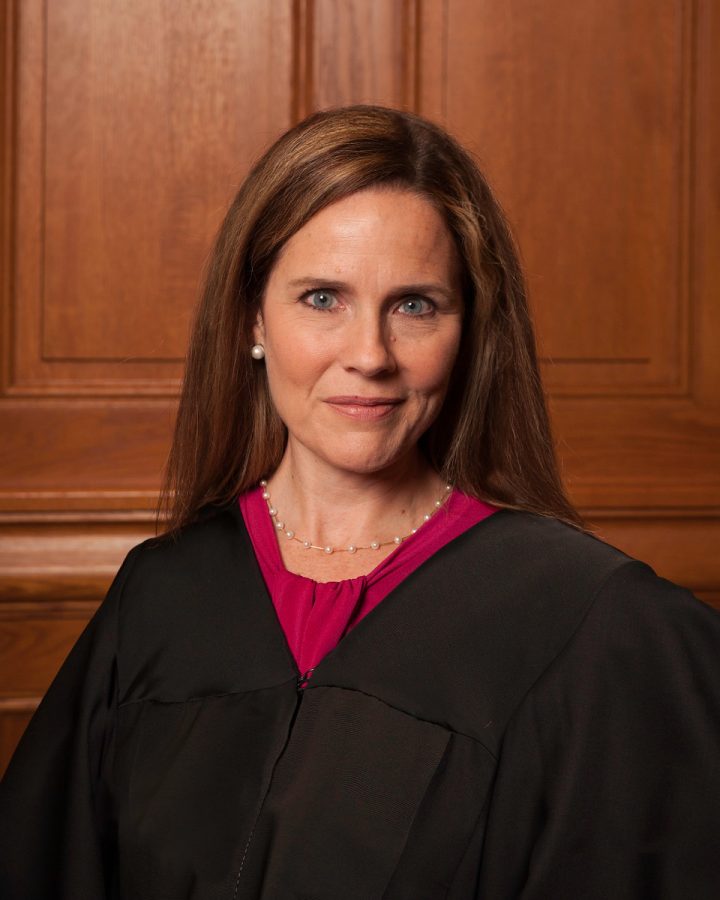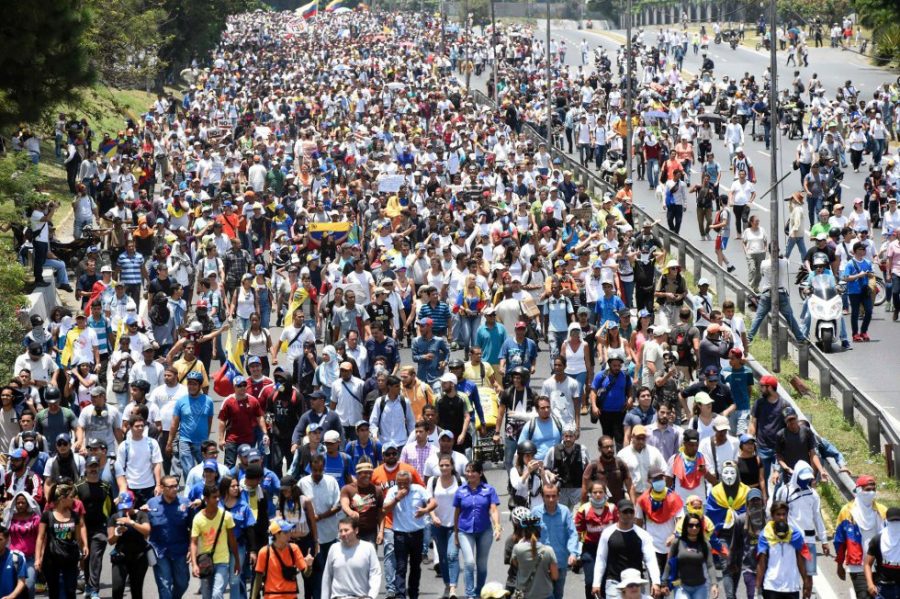By Jose Cadena
A young Castro facing trial in 1953 for attacking barracks of the military dictator Fulgencio Batista enacted the speech that would become his transcendental signature, ending it with the famous quote, “Condemn me; it doesn’t matter; history will absolve me.” Castro’s place in history books will be decided by the events that come over the next few years, although he would be unconcerned about his place in history, given his materialist ideology.
There’s no question Fidel Castro was a dictator; however, I must recognize that he led his country to have excellent results in issues such as health, education and security. Yet, this was at the cost of many of the most basic freedoms. Let’s remember that countries such as France, Italy or Andorra have achieved the first positions in international standards for the health care systems, and without having to incarcerate political opponents, same with countries like South Korea, Japan and Singapore for education, all while maintaining necessary liberties. Basically, Castro and his revolution fixed the problems of a full capitalist society, replacing them with the problems of a full socialist society. Cuba is a country with institutionalized corruption, censorship, Draconian law, political imprisonments and lack of financial freedom.
Consequently, Fidel Castro became one of the most influential figures in the twentieth century, the last significant communist leader in history (let’s hope this title doesn’t get taken from him). He tried to expand his revolution over the world, but besides Nicaragua and the Sandinistas, all of his attempts to spread socialism failed, bringing human misery and suffering to those countries, many in Latin America and Africa.
With the risk of committing a hasty generalization, it has to be said that because of their left-wing ideology, many may argue that Castro benefited the Cuban people, and his regime is better (or less worse) than the right-wing Batista’s dictatorship, against which the US government had no significant criticism. American Castro supporters seem to forget the UMAPs in the ‘60s, in which homosexual men, among other groups like religious minorities, were put to work because they couldn’t join military service-something that perhaps our vice-president elect would approve-, people in the LGBT community weren’t openly allowed to join the military until 1993 (which happens to be 23 years before the US allowed the same).
For Fidel Castro, Cuba had to be strictly a nationalist country. He ignored the benefits of globalization and international free trade, although unlike North Korea (the only fully self-dependent country in the world), they couldn’t achieve it. Castro argued that he gave independence to the Cuban people from the American Empire; true… he just made Cuba dependent on the Soviet Union in the twentieth century, and later, they were completely reliant on their relationship with Venezuela and their oil mine-take the example Mr. President elect- and now that the Bolivarian Revolution has led to the bankruptcy in that country, Cuba will have to open their doors to more laissez-faire policies.
The US role has been key in the failure of the revolution, especially that senseless, absurd and ineffective embargo, which has the goal of “democratization and greater respect for human rights”. Obama did a decent job approaching the island seeking diplomatic relationships, which gives a new opportunity for travel; American companies can now invest in Cuba, those exiled can meet with their families and it has an important symbolism in the history of both nations–something that the coming presidency is threatening to thwart. Trump supporters claimed that as a recognized businessman, he would be able to negotiate efficiently with other politicians; this is the case to prove it. He has stated that he would reverse the relationships “unless the Castro regime meets our demands — not my demands, our demands.” Perhaps Trump -who coincidentally violated the embargo at the end of the 90’s for the benefit of his business- made a mistake, by calling Castro a “brutal dictator” just after his death, which wasn’t the most political allegation to keep the unstable liaison.
Fidel Castro will be absolved by history if the socialism endures in Cuba, and the human rights start being respected. But the history is written by the winners, and if the island goes drastically to the right-wing in economic issues, he will be just another satrap, among those many in the last century
.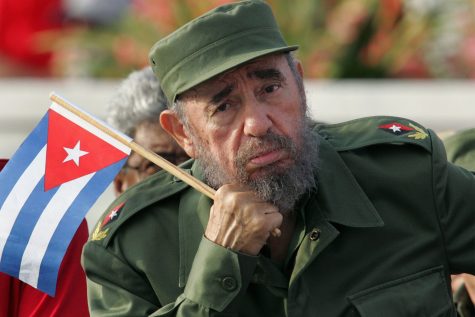
https://www.washingtonpost.com/news/the-fix/wp/2016/11/26/here-is-donald-trumps-reaction-to-fidel-castros-death/?utm_term=.feea1c37eb15
http://politicoscope.com/2016/07/07/cuba-politics-fidel-castro-biography-and-profile/
https://jovencuba.com/2013/08/13/fidel/

